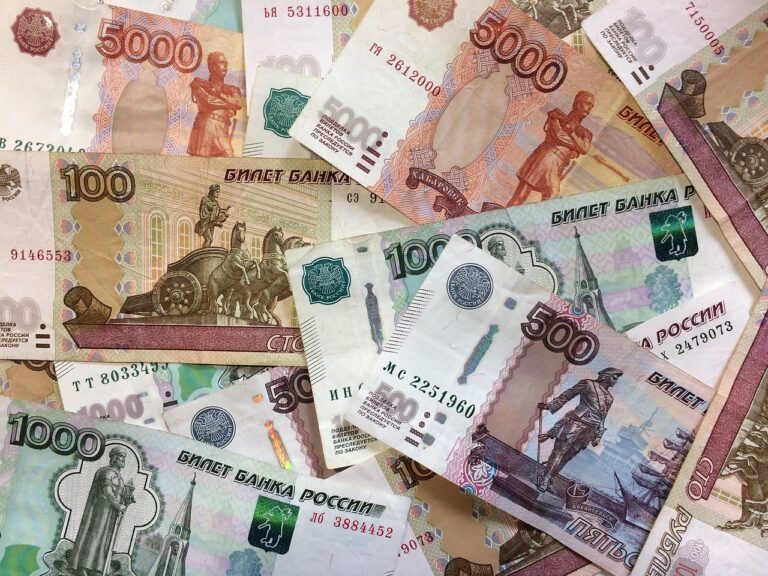According to a recent Chainalysis “Policy and Regulation” report, Russia is taking bold steps to counter Western sanctions by passing legislation that legalizes cryptocurrency mining and allows the use of crypto for international payments. This marks a significant policy shift in the country, where cryptocurrencies were once heavily restricted. Chainalysis stated that the bills, signed into law by President Vladimir Putin on 8 August 2024, are part of Russia’s broader strategy to develop alternative payment methods and reduce dependence on the U.S. dollar.
Per the Chainalysis report, the new legislation, set to take effect in September for cross-border payments and November for mining, opens the door for Russian businesses to conduct international trade using digital currencies. This move comes at a critical time, as Russia faces increasing economic pressure from Western sanctions. Chainalysis pointed out that the Central Bank of Russia (CBR), which previously advocated for a ban on cryptocurrencies, is now playing a key role in regulating these activities and ensuring state oversight.
Chainalysis noted that Putin’s administration has recognized the growing importance of cryptocurrencies in global payments. Putin himself has emphasized that Russia must not miss the opportunity to regulate digital assets, which he views as a means of reducing reliance on Western financial systems. Chainalysis further explained that key officials, including CBR Governor Elvira Nabiullina and Anton Gorelkin, the bill’s author, have openly acknowledged that these laws are aimed at mitigating the impact of sanctions.
While Russia’s ban on domestic cryptocurrency payments remains intact, Chainalysis highlighted that this has not significantly affected the country’s widespread crypto usage. Russia consistently ranks among the top nations in Chainalysis’ Global Crypto Adoption Index, and the new legislation is expected to further increase crypto adoption. Chainalysis also reported that Russia had been gradually integrating crypto into its economy even before these laws were passed, with Rosbank, owned by Russian billionaire Vladimir Potanin, pioneering cross-border crypto payments as early as June 2023.
Chainalysis says that the Central Bank of Russia is spearheading efforts to integrate cryptocurrency into the financial system for cross-border payments, with experimental infrastructure now in place. This initiative will allow approved Russian businesses and mining entities to use cryptocurrencies in international trade, Chainalysis explained. Chainalysis believes the aim is to alleviate the pressure from Western sanctions and create new channels for international trade.
Chainalysis emphasized that the legislation gives the CBR greater control over cryptocurrency activities within Russia, consolidating its regulatory power. Chainalysis also noted that while the CBR is developing a central bank digital currency (CBDC) known as the digital ruble, which is projected to launch in 2025, the new laws permit the use of existing cryptocurrencies under the central bank’s oversight. Chainalysis reported that this strategic shift aligns with Russia’s broader efforts to bypass U.S.-dominated financial systems.
Russia is also working on launching two new crypto exchanges, one in St. Petersburg and another in Moscow. These exchanges are expected to play a key role in facilitating cross-border crypto transactions, although the legal framework for these platforms is still evolving. Chainalysis explained that the exchange in St. Petersburg might leverage infrastructure from the St. Petersburg Currency Exchange, though the entity has denied involvement.
Chainalysis pointed out that Russia already hosts several prominent non-KYC exchanges, such as Garantex and Tetchange, which operate within the Moscow International Business Center. Despite facing sanctions from the U.S. Treasury and the UK’s Office of Financial Sanctions Implementation (OFSI), Garantex continues to play a central role in Russia’s cryptocurrency market, Chainalysis mentioned. Chainalysis also highlighted that Garantex’s deep liquidity across major blockchains makes it a likely candidate for state-sanctioned crypto transactions.
According to Chainalysis, Russia’s decision to legalize crypto mining is another major aspect of its sanctions evasion strategy. The new laws introduce a structured framework for mining activities, requiring approved entities to register their operations and report them to the financial authorities. Chainalysis observed that this move is part of Russia’s long-term goal to become a global leader in cryptocurrency mining, positioning itself to surpass the U.S. in this sector.
Featured Image via Pixabay









